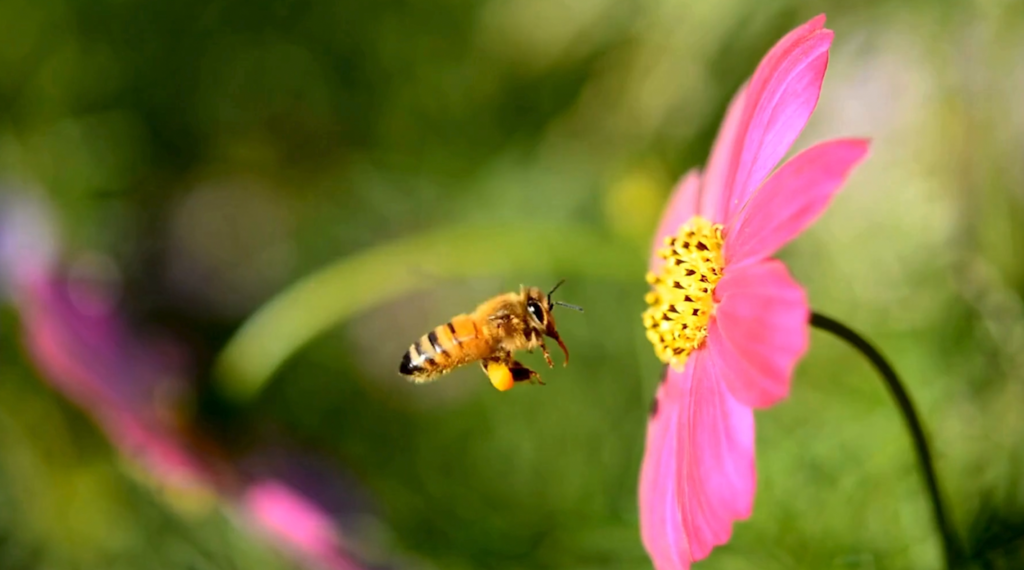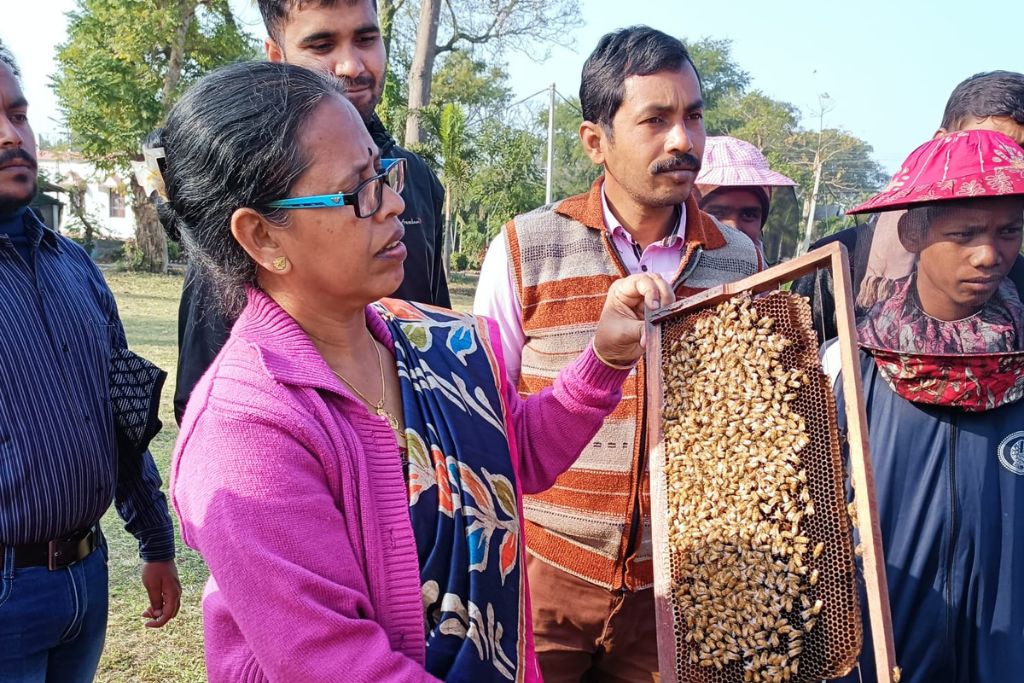Kashmir gets a bagful of green venture
Saqib Mir
May 10, 2024
Troubled by the presence of polythene litter and low employment opportunities in Kashmir, an engineering graduate took action by establishing the region’s first industrial unit producing environment-friendly products thereby reducing the reliance on polythene products.
Nestled amidst the vibrant hues of spring’s yellow mustard and white apple blossoms, the village of Brah Ranipora in Anantnag Kashmir offers a picturesque panorama, with snow-capped mountains providing a majestic backdrop.
Amidst this idyllic setting, a tin structure stands as a beacon of hope, housing a small enterprise that holds promise for both the villagers and the fragile environment of the valley. Each morning, dozens of villagers flock to the enterprise, eager to earn their livelihoods while contributing to the valley’s green future.
Behind this enterprise is Saqib Raja Khan, a 31-year-old engineering graduate and native of Brah Ranipora village. Khan, deeply concerned by the low employment opportunities in Kashmir, also has a keen interest in safeguarding its environment.
After completing his graduation in 2014 from a college in Chandigarh, he started working there in a private company. It was there that Khan observed how the city is using biodegradable bags to combat polythene pollution. He thought of establishing a similar venture in the valley, which will not just create jobs but will also help in safeguarding the region’s environment.
Khan left his job and returned to Kashmir to give wings to his dreams. After extensive research and overcoming numerous obstacles, he successfully established Kashmir’s first manufacturing unit in December 2022, producing eco-friendly handbags (compostable) and other biodegradable products.
The unit started its operations in January 2024 with a mere two employees. Within four months of its operation, the unit employed 23 more people. It has become a beacon of hope for many villagers, especially the unemployed, who see it as a source of potential employment. When Village Square visited the unit, a group of young men eagerly inquired about job openings, underscoring the widespread optimism surrounding Khan’s enterprise.
As the name suggests, these ‘compostable’ products manufactured by Khan’s unit decompose in soil within months and leave the ground fertile. These products are not just used by local shopkeepers to sell their goods but also used within the agriculture and horticulture sector, where they replace plastic products and aid pollination, grafting and mulching across Brah Ranipora and its neighbouring villages.
Despite a blanket ban on polythene bags in the valley, their pervasive presence remains a pressing issue. Khan believes that his eco-friendly initiative offers employment opportunities and serves as the best alternative to polythene products, thereby mitigating polythene pollution in the region.
Khan plans to manufacture more biodegradable products soon in his bid to eradicate this menace of polythene pollution from the valley.
Saqib Mir is an independent journalist based in Kashmir.






